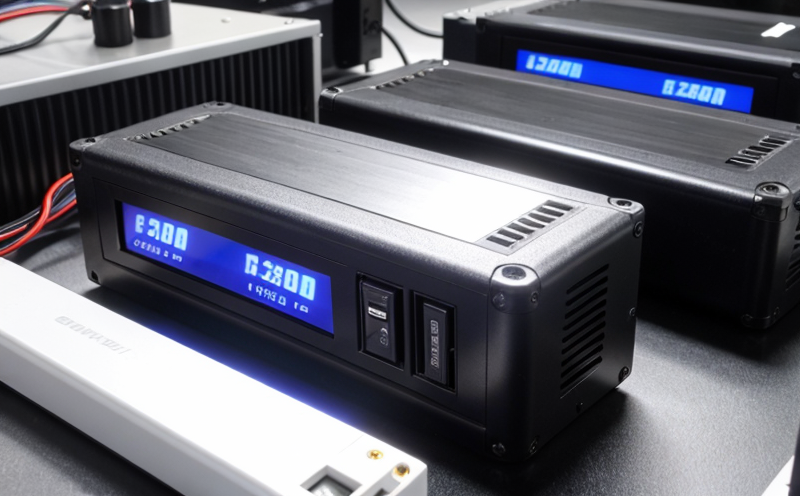KS C IEC 61427 Performance Testing of Secondary Cells for Renewable Applications
The KS C IEC 61427 performance testing standard is a critical tool in ensuring the reliability and safety of secondary cells used in renewable energy applications. This test evaluates various performance parameters that are essential for the safe operation of batteries, particularly those intended for solar power systems, wind turbines, and other renewable energy sources.
Secondary cells tested under this standard include lithium-ion (Li-ion), lead-acid, nickel-cadmium (NiCd), and nickel-metal-hydride (NiMH) batteries. The test covers a wide range of performance metrics that are crucial for the effective integration of renewable energy systems into the power grid. These tests help manufacturers ensure that their cells meet stringent international standards, thereby enhancing product quality and customer satisfaction.
The testing process involves several key stages, each focusing on different aspects of battery performance:
- Electrochemical Performance: This includes capacity retention, charging efficiency, and self-discharge rate. These tests simulate real-world conditions to ensure that the cells can maintain their energy storage capabilities over time.
- Cycling Stability: The batteries are subjected to repeated charge and discharge cycles to evaluate how well they retain their performance after multiple use cycles.
- Impedance Spectroscopy: This technique measures the internal resistance of the battery, which is crucial for predicting its future performance and longevity.
- Thermal Management: Testing under various ambient temperatures to ensure that the cells can operate safely and efficiently in different environmental conditions.
- Structural Integrity: Ensuring the mechanical strength of the cell under various stresses, which is essential for preventing damage during transportation or installation.
The testing process is designed to be comprehensive, covering not just the performance aspects but also ensuring that the cells meet all safety standards. This includes checking for potential hazards such as overcharging, overheating, and short circuits. By adhering strictly to international standards like ISO 12405-3:2017 and ASTM G173:2018, we provide clients with a reliable and consistent testing service.
The results of these tests are critical for quality managers and compliance officers as they ensure that the products meet regulatory requirements. For R&D engineers, this test provides valuable data to refine product design and improve performance. Procurement teams also benefit from these tests by ensuring that only high-quality batteries are selected for their projects.
The KS C IEC 61427 standard is widely accepted in various sectors due to its rigorous testing protocols. This makes it a preferred choice among manufacturers looking to enter the renewable energy market. By investing in this test, companies can enhance their reputation and trustworthiness in the market.





